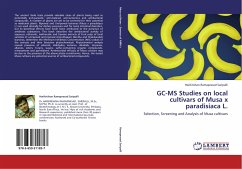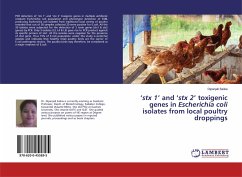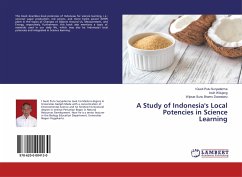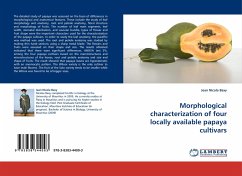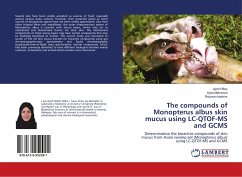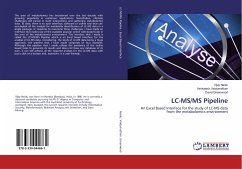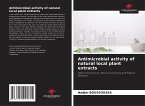The ancient Veda texts provide valuable clues of plants being used as potentially anti-parasitic, anti-malarial, anti-tumorous and antibacterial compounds. A number of plants are yet to be screened for their potential as medicinal plants. Ripened and Unripened bananas (Musa x paradisiaca L.) are used clinically for dietary purposes and for some intestinal disorders, but its beneficial effects have never been attributed to the presence of antibiotic substances. This book describes the antibacterial activity of aqueous, ethanolic, methanolic and hexane extracts of fruit pulp of local varieties of unripened and ripened Amruthapani, Bontha and Chakkarakeli bananas, determine the Minimum Inhibitory Concentration (MIC) values of the extracts and their bioactive phytochemicals. Phytochemical analysis reveals presence of phenols, aldehydes, ketones, alkaloids, terpenes, alkanes, esters, furans, sugars, sulfur-containing organic compounds, nitrosamines and pyrimidines. Antimicrobial efficacy of Musa cultivars may be due to the presence of the above phyto constituents. Hence, the tested Musa cultivars are potential sources of antibacterial compounds.
Bitte wählen Sie Ihr Anliegen aus.
Rechnungen
Retourenschein anfordern
Bestellstatus
Storno

